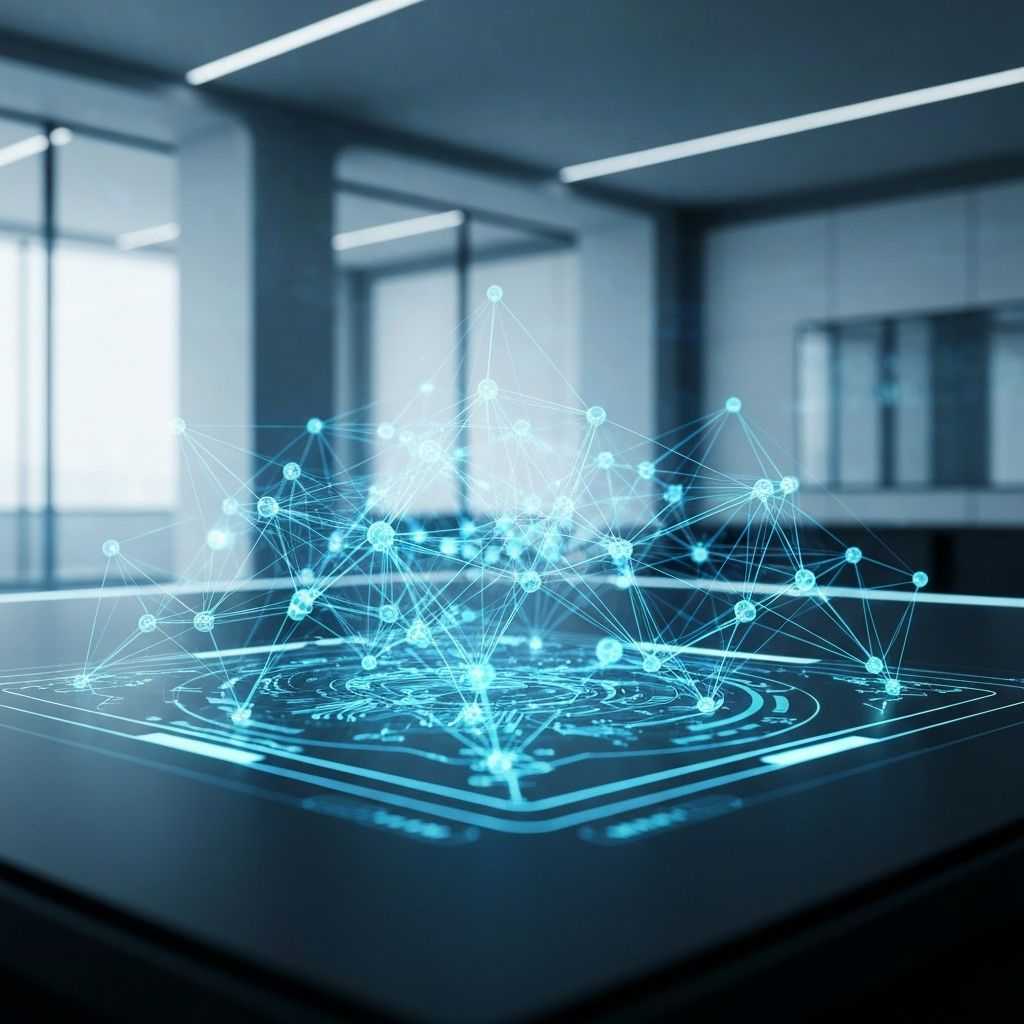The AI Revolution: How GPT-5 is Reshaping the Future of Technology
OpenAI's latest breakthrough represents a quantum leap in artificial intelligence capabilities, with implications that extend far beyond the tech industry.

The release of GPT-5 marks a watershed moment in the evolution of artificial intelligence. This isn't just another incremental update—it's a fundamental reimagining of what AI systems can achieve, with capabilities that blur the line between human and machine intelligence.
Industry experts are calling it the most significant AI advancement since the introduction of transformer architecture in 2017. The model's ability to reason, plan, and execute complex tasks with minimal guidance represents a paradigm shift in how we think about artificial intelligence.
Beyond Language: A Truly Multimodal System
Unlike its predecessors, GPT-5 seamlessly integrates understanding across text, images, audio, video, and code. This multimodal capability enables entirely new use cases:
- Medical Diagnosis: Analyzing medical images alongside patient histories to provide comprehensive diagnostic insights
- Scientific Research: Processing research papers, experimental data, and visualizations to accelerate discovery
- Creative Production: Generating cohesive multimedia content that combines text, images, and audio
- Software Development: Understanding codebases through documentation, code, and architectural diagrams
The Economic Impact
Goldman Sachs estimates that GPT-5 and similar AI systems could add $7 trillion to global GDP over the next decade. The technology is already transforming industries from healthcare to finance, education to entertainment.
Major corporations are racing to integrate GPT-5 into their operations. Microsoft has announced plans to embed the technology across its entire product suite, while Google, Amazon, and Meta are accelerating their own AI development programs in response.
Ethical Considerations and Challenges
The power of GPT-5 also raises profound ethical questions. Concerns about job displacement, misinformation, privacy, and AI safety have prompted calls for comprehensive regulation. The Biden administration has announced plans to work with Congress on AI governance legislation.
OpenAI has implemented extensive safety measures, including advanced content filtering, bias mitigation, and usage monitoring. However, critics argue that self-regulation is insufficient for technology with such transformative potential.
As we stand at this technological crossroads, one thing is clear: GPT-5 represents not just an evolution in AI, but a revolution in how humans and machines will collaborate in the future.